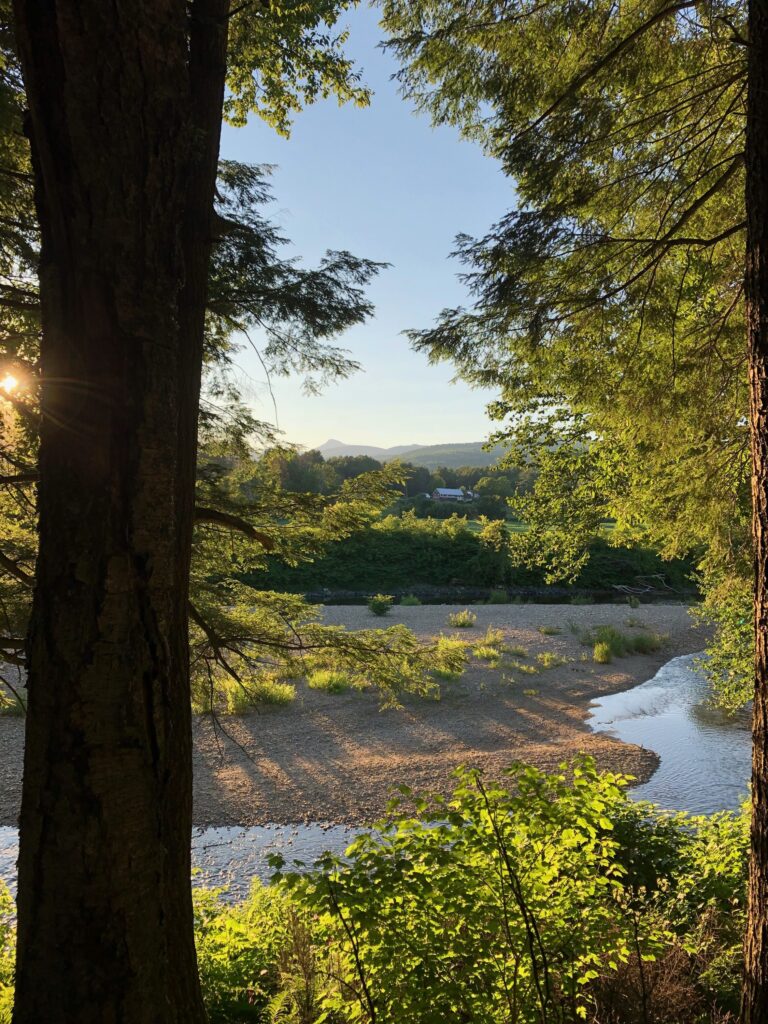
True North Wilderness Program is one of many forms of residential treatment that can guide individuals and families on a path to health and wellness. However, our therapeutic milieu and where wilderness falls on the overall spectrum of care is often unfamiliar and at times overwhelming for families to fully understand.
Described here are the varying levels of care, from least to most restrictive and supportive. Also included are some of the long and short-term goals of each type of program, particularly concerning the focus on academic, family, social, emotional and therapeutic needs. In general, the level of support, accountability and tolerance for transgressions is what separates these types of differing schools and programs and correlates with the level support found in each environment. The assessments and recommendations made by the treatment team including True North therapists, psychologists and parents are helpful in determining what kind of focus and support would be most appropriate for an individual, but additional expertise about specific schools and programs is essential in determining the next step. For this reason, it is almost always recommended that families hire a therapeutic or educational consultant to provide that invaluable information. Therapeutic and educational consultants visit the programs they recommend to gain an in depth understanding of the inner workings so that they can make very specific recommendations for the families they work with. We are grateful for the collaboration with one such consultant in outlining this information.
Public School
Public schools typically focus solely on academics and supporting students with graduating high school. While every public school has IEP planning and social workers or school counselors, the goal is still focused primarily on academic engagement and rarely considers underlying social, emotional, therapeutic or family needs. Services vary widely across public school districts and there is no requirement for schools to provide in-depth services that might be found in higher levels of care.
Private Day School
Similar to public schools in their goals, however many private schools also have smaller class sizes, more specialized supports and more individualized approaches when it comes to the needs of each student. Therapeutic day schools or “LD schools” that focus on students with specific learning differences fall in this level of care. Day school programs, regardless of their depth and breadth of services, rarely provide structure for carrying over social, emotional and therapeutic supports into the non-school day hours.
Traditional Boarding School
These programs are similar to private day schools in that they often offer more supports and individualized attention than public school systems. They also offer the opportunity for students to develop a sense of independence and self-efficacy by sheer virtue of living away from home. More and more boarding schools offer additional learning-support programs but rarely have supports around social, emotional and therapeutic development. While there is often structured time for extracurriculars during out-of-school hours, students are not generally tightly monitored and have frequent school breaks, so it can be difficult to uphold high standards of accountability when students struggle in the key areas needing support. The primary focus is on academic success and often the goal is for students to transition to a higher education setting after graduation.
Quasi-therapeutic boarding school
These types of schools live somewhere in between a traditional private boarding school and a therapeutic boarding school. For example, some of these programs might have intensive supports on campus and their small size encourages strong communication between staff members—meaning more student support and accountability like that which is often found at therapeutic schools—however, students will typically still have less restricted access to technology and privileges, as well as breaks for summer time and holidays in the same way that one might find at a more traditional school. Despite the potential for additional social or emotional supports, the primary focus is on academic success and often the goal is for students to transition to a higher education setting after graduation and there is still a lower tolerance for transgressions when compared to a true therapeutic boarding school setting.
Residential Therapeutic Programs
These programs vary widely in their level of care and support; however, the goal is find a balance between academic enrichment and therapeutic support. The depth and breadth of social, emotional, familial, or therapeutic support will vary greatly, therefore educational and therapeutic consultants are particularly supportive in helping families to select a school in this domain. These programs have accredited academics that will transfer to home schools and colleges. Typically, there are a number of restrictions and boundaries with respect to privileges, communication with people outside the school, electronic usage and visits home. For students who struggle to effectively self-regulate in a variety of ways, particularly when these challenge gets in the way of academic learning, residential therapeutic programs are a great option to support students in developing long-term foundational strategies for social, emotional, therapeutic and academic success. Many schools encourage or require stay a higher level of care prior to transitioning into their school environment.

Wilderness Therapy
A highly intensive experience, the goal is to focus solely on therapeutic, social, emotional and familial needs. Academics are rarely focused on with any intensity. At True North, our primary goal is to observe and provide assessment, try out varying degrees of intervention and make recommendations for future supports. Other wilderness programs provide similar types of assessment and intervention but differ in their intensity and methodology. Typical length of stay is 2-3 months. There are strict boundaries around privileges, communication, electronics, access to substances and personal time. Wilderness programs vary with respect to the levels of care and individuals they support, so educational and therapeutic consultants well versed in these programs are also of value in determining appropriateness of fit.
Hospital care
Not just for physical ailments, hospital programs can focus on therapeutic stabilization. Hospitals are a good supportive option when individuals are struggling to keep themselves safe and require 24-7 care and support. Typically lasting 1-2 weeks, many patients at a hospital facility transition to a residential treatment center after stabilization has been reached.
The success of True North is quite dependent on students receiving the appropriate level of care, including the right amount of support, structure, and therapeutic intervention. We are infinitely appreciative of the guidance that families receive from consultants as they plan and make decisions about each step.
This blog post was coauthored by:

Evan Oppenheimer, LMHC, True North Therapist



